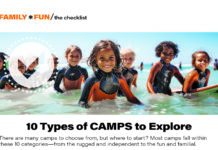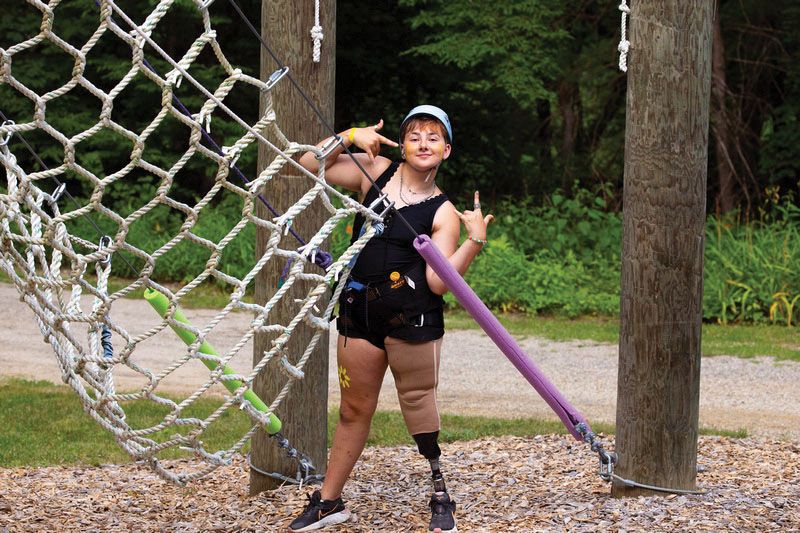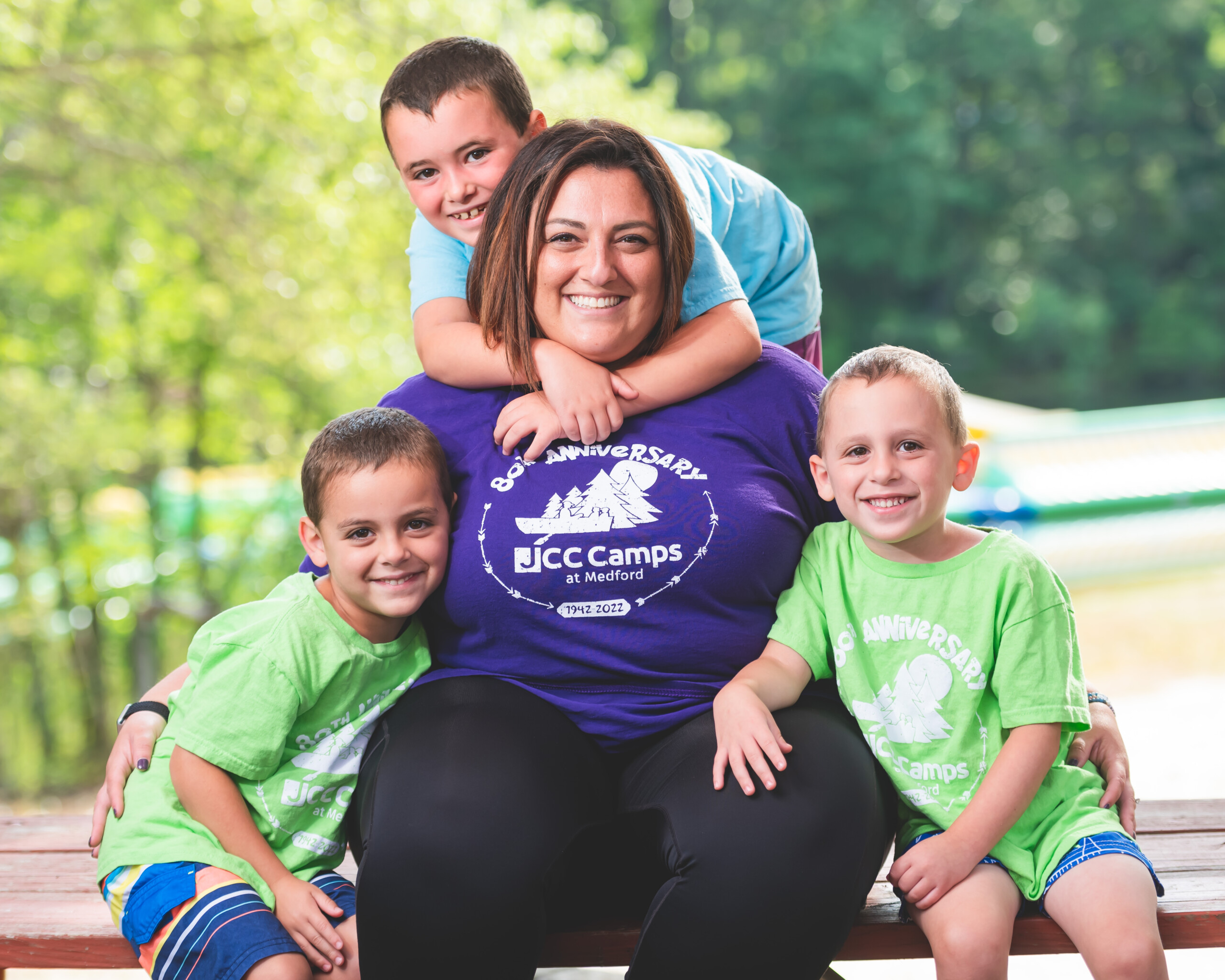Summer can be challenging for busy parents, particularly parents of preschoolers. For many families, day camp is the best kind of day care, offering children the opportunity to play outside in a safe and supervised environment.
Some camps offer extended hours for working parents and most can help families take advantage of tax benefits such as the federal Child and Dependent Care credit.
Small Children, Big Benefits
“At camp, preschoolers can join a community that is created especially to help them practice growing up. Day camp is geared so children can experience camp and still return home each evening. They have the best of both worlds — the camp community, which is built exclusively for kids, and their own home, which provides the security they need at a tender age,” says Marla Coleman, a spokesperson for the American Camp Association (ACA).
Camps for young children work hard to give a positive camp experience to preschoolers, who have shorter attention spans plus a greater need for individual attention than older campers.
A dedicated camp area at the YMCA of Delaware’s Camp Cassey, held at the Y’s Bear-Glasgow branch, helps the youngest campers focus on activities and develop responsibility for their belongings, says program director David Halley. For children who can’t read, Halley suggests attaching a keychain with a picture of the child on his backpack to help campers learn to keep track of their things.
The schedule also differs from the traditional camp day for older kids. Halley says, “In the morning, when their energy is high, we do games and music and crafts, followed by swimming and afternoon ‘downtime’ with quiet activities like circle time and reading.”

The Right Place
Camp Anglewood in Elkins Park, PA tailors the daily schedule by alternating active with quieter periods to manage the physical demands of a busy camp day. Director Joyce Hill says, “Our young campers experience all we have to offer, including activities from arts and crafts to swimming and events like Color War and Capture the Flag, but we let them proceed at their own pace and we adjust activities as needed.”
Tall Pines Day Camp in Williamstown, NJ offers a traditional camp scaled down for its youngest campers, who end each day with an indoor activity in an air-conditioned space to help them recharge, says owner/director Andrew Yankowitz.
For 3- and 4-year olds who may not be ready for a full-day experience, Tall Pines has a half-day Seedlings Camp, though Yankowitz says that more than half of the “Seeds” move up to the full-day program after just a few weeks. “We have the ability to grow quickly with the camper’s needs,” he says. “Once parents see how well their children adapt, we can keep them all day, but if that becomes too much we can move them right back to Seedlings.”
 Small Groups, Special Staff
Small Groups, Special Staff
In Warrington, PA, preschoolers at Elbow Lane Day Camp experience a full camp program at a facility that owner/director Bob Lester says is sized for a child’s success. “We do our best to help preschoolers feel like they’re at a ‘real’ camp with developmentally appropriate, fun activities held on a smaller field, court, pool and equipment, led by a staff that understands the needs and capabilities of young children. Each preschool-aged group includes at least one certified teacher who has a degree in early childhood or elementary education,” Lester says.
Halley concurs that staff training is especially important for counselors working with young children. He says, “Our counselors are all certified in CPR and First Aid and get 20 hours of specialized training in topics like the stages of early childhood development, behavior management and child abuse prevention.”
Camps for preschoolers tend to hire teachers and college students majoring in education, and often have a higher concentration of senior-level staff like division leaders, even though the counselor-to-camper ratio is generally lower than it is for older campers. For very young children, the ACA advises camps to have at least 1 counselor for every 6 children; some camps have ratios as low as 1-to-3.

Visit Camp, Share the Fun
To help young campers ease into camp, Yankowitz encourage families to look at camp websites and videos together and visit orientations and Open Houses to tour the facility, meet staff and even try some activities. Many camps will offer a few pre-camp events to help children acclimate, and most will also take families on private tours to help kids get comfortable in the camp environment.
Lester enjoys showing families around camp on a nice spring day, when parents can ask questions and children can play on equipment. “It builds excitement and help kids overcome nerves,” he says, “particularly if it is the child’s first camp experience.”
“Parents should talk to their children before camp starts about the fun they will have, and once camp begins, keep up the excitement by asking them about their camp day every evening,” adds Lester. Halley advises parents to learn a camp song or game to teach children and do together.
“Day camps provide very active environments for their campers,” says Hill. “Parents should keep this in mind when preparing their first-time camper. An organized home routine with regular, healthy meals and plenty of sleep will insure that young campers have all their energy to get through an nergetic day and enjoy all that summer camp has to offer.”
Ellen Warren is a program associate with the American Camp Association’s Keystone Section, serving Pennsylvania and Delaware families and camps. Learn more at www.acakeystone.org






